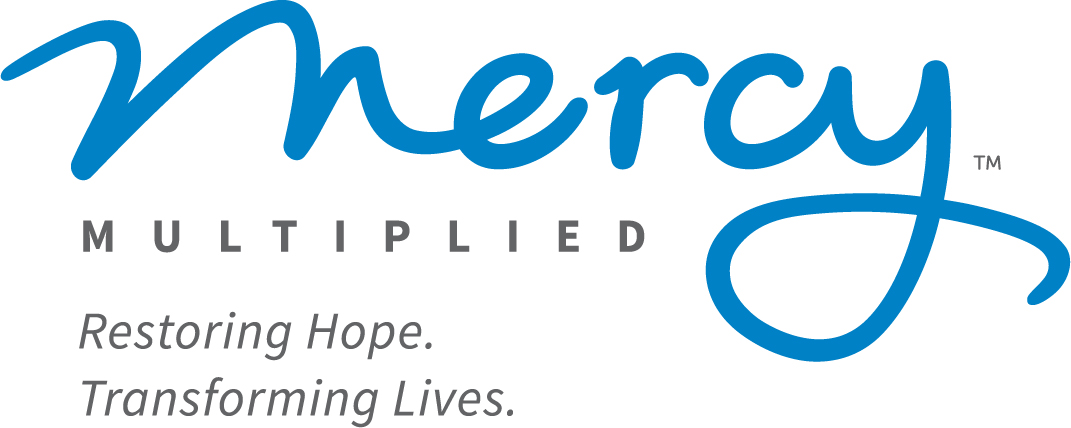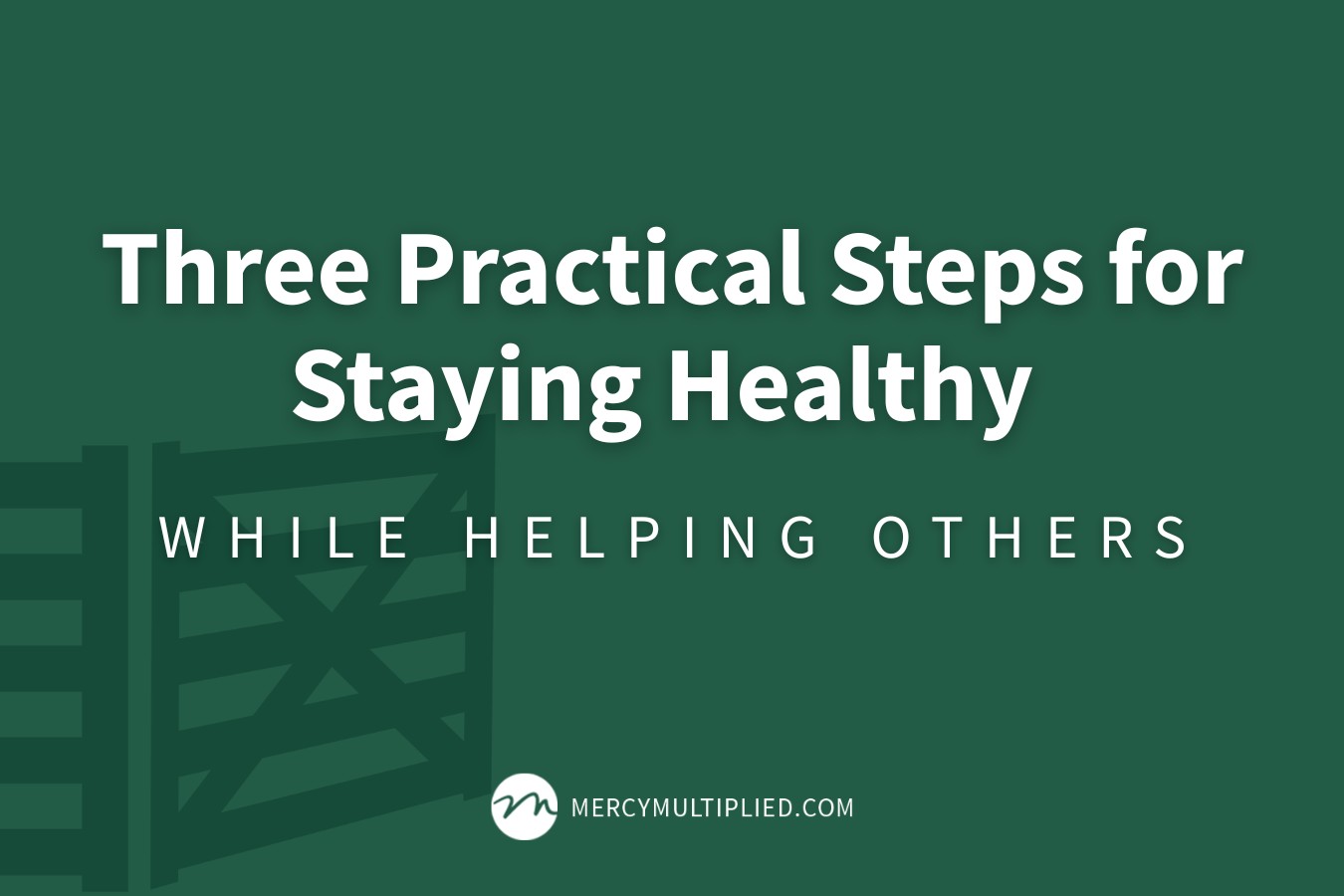In a world where many people are struggling, offering our kindness and support to others can fill us with a sense of purpose and connection. And that’s not a bad thing. However, if we are giving so much that we continually deplete ourselves, we risk burning out. This can actually hurt those we are trying to help, and it can also negatively impact our health, well-being, and primary relationships.
That’s why boundaries are necessary. Boundaries are like invisible fences that define what I am responsible for and what others are responsible for (aka what is not my responsibility).
Many helpers struggle to set boundaries for themselves because they have been taught that needing boundaries is a sign of weakness. Others believe that giving all of their time makes them more Christlike, while setting boundaries feels selfish.
The truth is that healthy boundaries make us stronger because they protect us and those we seek to help. Boundaries allow us to show compassion for others and leave space for God to work in their lives in ways only He can.
Here are three practical areas to set boundaries that will make you a more effective helper:
1. Commit to your own journey of healing and spiritual growth.
You can’t give away what you don’t carry. And you can’t receive from God if you don’t make time to listen to Him. Set boundaries around your time that foster daily rhythms of prayer and renewing your mind with truth from God’s Word.
Jesus regularly withdrew to pray and be alone with the Father. If the Son of God needed solitude and time in prayer, certainly we need these things too. Our good intentions to help others are not the source of their healing. God is the source of healing, and without the sustaining power of God’s love working through us, it is not Him who is at work; it is us. And our efforts will fail. That’s why Jesus told His disciples:
“Remain in me, as I also remain in you. No branch can bear fruit by itself; it must remain in the vine. Neither can you bear fruit unless you remain in me. I am the vine; you are the branches. If you remain in me and I in you, you will bear much fruit; apart from me you can do nothing.” —John 15:4–5 (NIV)
We were not created to perform for God and serve others out of our own strength. We were created to abide in Him and let His love flow through us.
2. Take care of yourself.
You matter to God, and when you take care of yourself, you agree with Him that you have value. So, participate in activities that replenish you and spend time with people you enjoy. Carve out time and put these “self-care” appointments on your calendar. This will enhance your capacity to love others and protect you from burnout and compassion fatigue. Ask the Lord to show you what replenishes you if you’re unsure.
“Come to me, all you that are weary and are carrying heavy burdens, and I will give you rest. Take my yoke upon you, and learn from me; for I am gentle and humble in heart, and you will find rest for your souls. For my yoke is easy, and my burden is light.” —Matthew 11:28–30 (NIV)
3. Learn to say no.
Setting healthy boundaries often involves saying no. But remember, behind every “no” is a “yes” to something else: a yes to the health of your primary relationships, a yes to your own sustainability, a yes to being available to help that person in the future by avoiding burnout. When people are constantly asking you to help them in various ways, saying yes to everything won’t be sustainable. If you are overcommitted and overwhelmed, ask God to help you let go of things that negatively impact your primary relationships.
“Am I now trying to win the approval of human beings, or of God? Or am I trying to please people? If I were still trying to please people, I would not be a servant of Christ.” —Galatians 1:10 (NIV)
We’re called to help each other and walk with one another. However, no one can walk someone else’s journey to freedom for them. When we try to do too much for those we wish to help, it may not be beneficial for them or for us. Sometimes, we need to say “no,” get out of the way, and allow God to work.
Free People Free People
People who continue to pursue freedom in Christ as a life-long endeavor instead of a one-time thing are better positioned to help others find freedom in Christ. Healthy boundaries help us stay connected to the Lord so we can give to others out of what we are continually receiving from Him.
Learn more at our upcoming free one-hour webinar on Boundaries: What They Are and How to Communicate Them taking place July 24.
Can’t attend the webinar? Learn more about boundaries in Mercy’s MPower eCourse. Like other online resources from Mercy Multiplied, the course is free of charge because of our generous donors.
The book Boundaries by Henry Cloud and Charles Townsend inspired ideas presented here.

